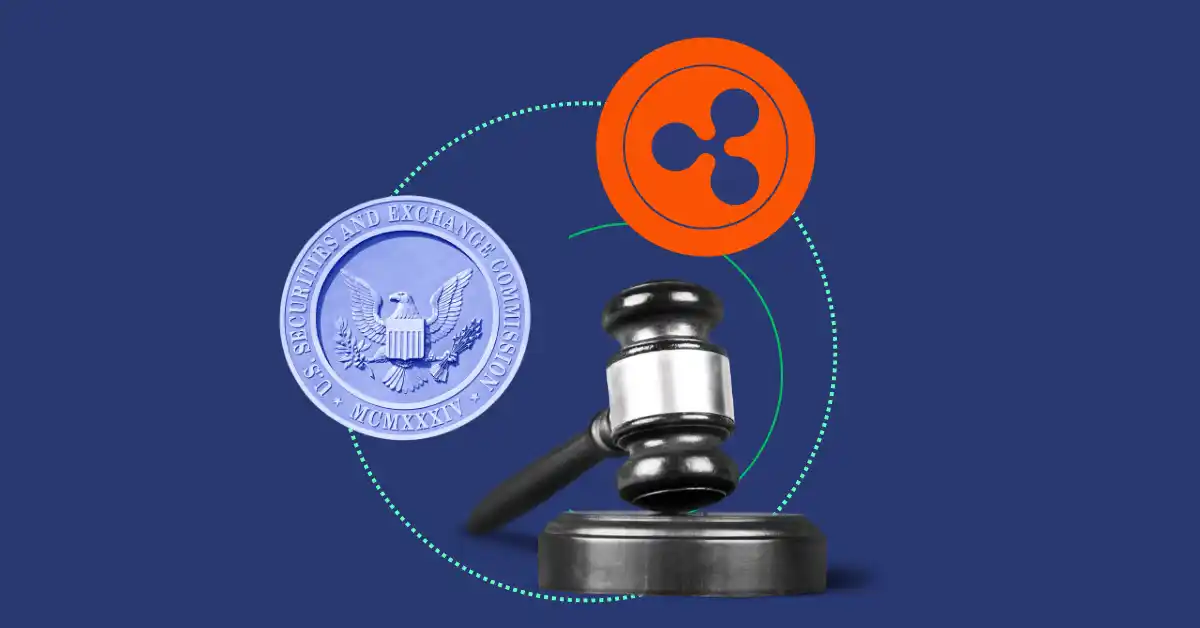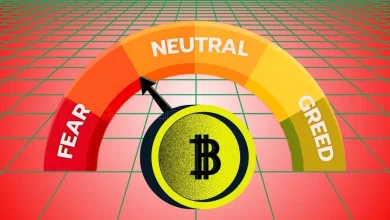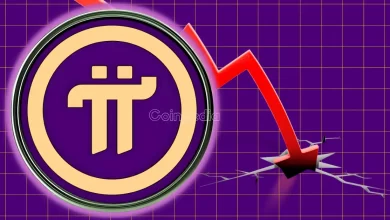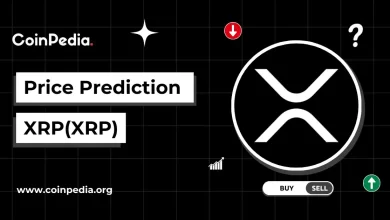
A California judge allowed a lawsuit to proceed against Ripple CEO for allegedly misleading investors about XRP sales in 2017.
The judge disagreed with Ripple's claim that XRP isn't a security, potentially limiting the impact of a previous favorable ruling for Ripple.
The SEC and Ripple are still arguing over how much Ripple should pay in penalties.
A recent decision by United States Federal Court Judge Phillis Hamilton has greenlit a civil securities lawsuit against Ripple Labs, focusing on accusations that CEO Brad Garlinghouse violated California Security Laws. This pivotal ruling now sets the stage for a jury to assess whether Garlinghouse made deceptive statements during a 2017 interview. Ripple Labs faces four allegations related to its failure to register XRP as a security.
During a 2017 interview with Canada’s BNN Bloomberg, Garlinghouse claimed he was ‘very very long’ on XRP. However, the lawsuit alleges this statement was misleading, pointing out that Garlinghouse sold millions of XRP tokens that same year.
Were People Misled?
Hamilton had noted that Ripple argued the ‘misleading statement’ claim to be thrown out, as XRP is not a security under the Howey Test citing a landmark ruling in July 2023 by Judge Analisa Torres in the SEC and Ripple lawsuit. However, Hamilton disagreed with this and found that XRP could be a security when sold to non-institutional investors.
“The court declines to find as a matter of law that a reasonable investor would have derived any expectation of profit from general cryptocurrency market trends, as opposed to Ripple’s efforts to facilitate XRP’s use in cross-border payments, among other things.”
The 2023 Torres ruling was widely praised in the cryptocurrency industry for its potential implications, although its full impact remains to be seen.
The Dispute Doesn’t Seem to End
The legal clash between Ripple and the SEC continues, particularly over proposed civil penalties. Initially, the SEC sought $1.95 billion in penalties from Ripple. In response, Ripple suggested a significantly lower penalty of $10 million, citing a recent settlement involving the bankrupt Terraform Labs. However, the SEC rejected this proposal, arguing that such a minimal penalty would not fulfill the intended purposes of civil penalty statutes.







